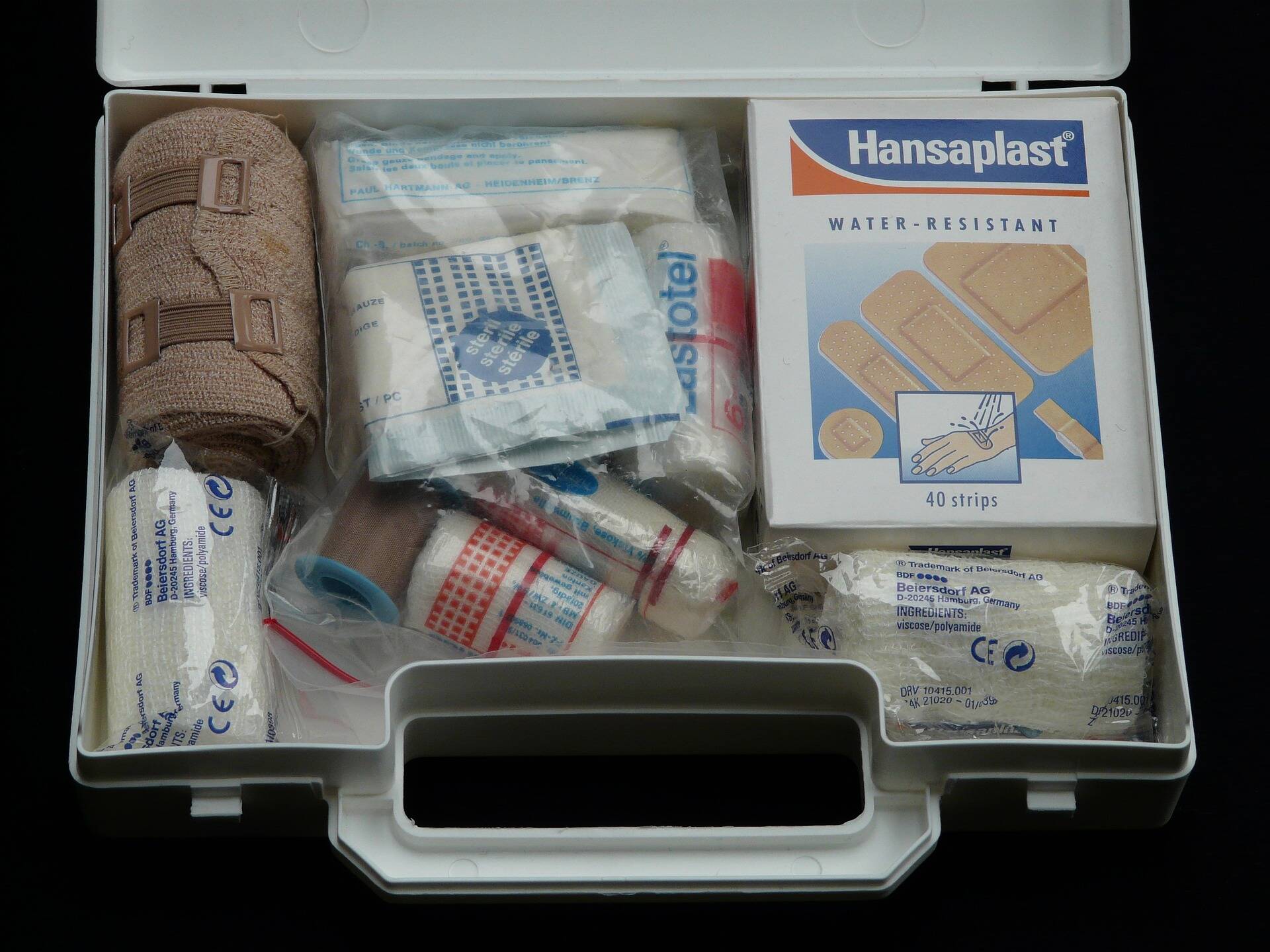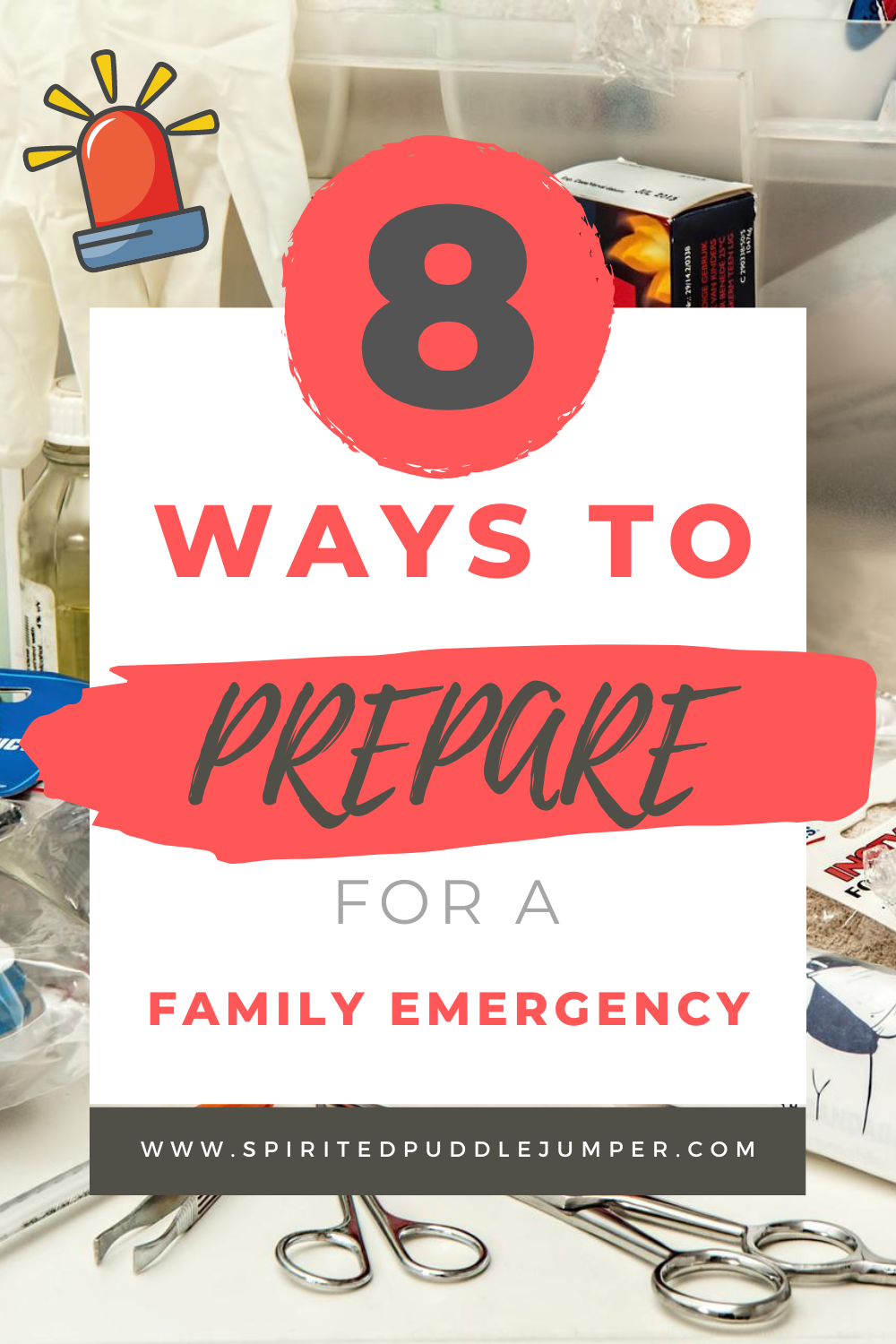
Severe weather can strike anywhere in America, whether thunderstorms, tornadoes, hurricanes, wildfires or extreme temperatures. Follow these tips to be prepared in case of a family emergency.
1. Get a Weather Radio
One of the best ways to keep your family safe is to have a radio from the National Oceanic and Atmospheric Administration (NOAA). NOAA Weather Radio broadcasts 24/7 and provides information on severe weather. You can find a NOAA radio at most stores in your area that sell electronics. You can also listen to the feed on your smartphone.
2. Watch or Listen to Local Newscasts
The meteorologists at your city’s TV stations are some of the best sources of information for local weather information and context. These broadcasters train to give you the most accurate information possible and provide an idea of when the bad weather will arrive better than an app can. Additionally, you can also keep abreast of any changes to the weather by ensuring that you have your own cellular weather station. This can be particularly beneficial if there happens to be a power outage. You can click here to see how such devices can be a great option to add to your emergency toolkit.
Turn your TV on during these emergencies. You can watch local stations for free with an antenna if you don’t have cable or an alternative service. Most news stations will stream live on their website and social media during bad weather.
3. Have an Emergency Kit Ready
Having an emergency kit ready will save you time during a stressful predicament. Be sure to include the following items:
- First-aid kit: Severe weather increases your home’s risk of damage. Be prepared with bandages, hand sanitizer, hydrogen peroxide, safety pins and anything else you think you’ll need.
- Batteries: Get a pack of AA and AAA batteries to have enough for any device. You’ll need extras for your weather radio, flashlight and other gadgets.
- Toiletries: If the storm is bad enough, you may be unable to drive on the roads and get to a store. Prepare your family with enough toiletries, such as toilet paper, shampoo, soap, deodorant, toothpaste and other essential hygiene supplies.
4. Know Your Safe Room
If you know severe weather is coming, create a safe room in your house ahead of time so it’s ready at a moment’s notice. The best place to be in your home is a room on the lowest level with no surrounding windows.
Consider a closet large enough to fit everyone. If your bathroom has no windows, laying down blankets and pillows in the bathtub could be an option. You could also make a spot in the hallway. As long as you’re on the lowest level with no windows, you’re on the right track.
5. Drive to Shelter if Necessary
Sometimes, you may not feel safe in your house. Search for local storm shelters in your area ahead of time if you live in a mobile home or don’t feel safe in your building. Shelters all over the country offer free assistance during emergencies. A local church or Red Cross may open its doors to your community.
However, be careful and plan ahead. If you think you need to get to a storm shelter, leave early so you can get there safely before the storm.

6. Make Emergency Plans With Your Loved Ones
Bad weather can strike anytime, so having coordinated plans with your loved ones will reduce stress and possibly save a life. If you have an elderly family member or friend who lives in a mobile home or living conditions unsafe for a storm, help them plan to leave their residence beforehand. House them if you can or take them to a nearby shelter.
7. Prepare for a Power Outage
Storms often knock out the power for tens of thousands of people in an area, and it might not be restored until days later. In fact, a recent analysis shows that blackouts from severe weather have doubled in the last 20 years. Sometimes it’s inevitable, so keep these tips in mind:
- Charge your phones: Your phone is one of your most important tools. You need it to contact loved ones, obtain news information and call emergency services if required. Keep them charged as long as possible before an outage.
- Close the fridge: Keep the refrigerator and freezer doors closed if the power goes out. Your fridge will stay cool for about four hours and a freezer will keep cold for about 48 hours.
- Use coolers and cans: You spent your money on food in the fridge, so one way to salvage it during an outage is to have a cooler ready. Use ice to keep your cold food during an emergency. If you anticipate an outage for multiple days, having nonperishable food items, such as canned food, will be helpful, too.
8. Bring Your Pets Inside
If you’re scared of bad weather, so are your dogs, cats and any other animal who spends time outdoors. Make a plan for your pet during severe situations. Keeping them in their crates will calm them down if outside conditions get loud. Keep a supply of food, water, medicine and other items. Having a collar with ID tags and getting your pet microchipped will help if they are lost or stolen.
Be Ready for an Emergency
Severe weather is worse than ever before due to factors like climate change. Be proactive and make a plan to keep your family and loved ones safe during this time. Monitor local media and the National Weather Service (NWS) and prepare your house and everyone in it for dangerous weather. It can strike quickly even if you anticipate its arrival.
See some more of my life organisation posts here
